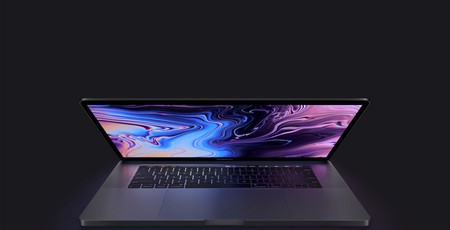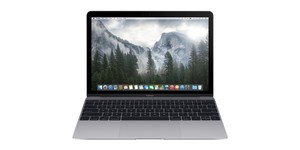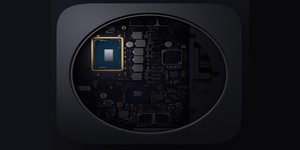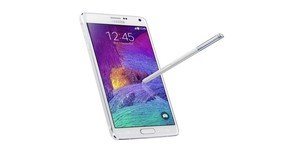Apple has confirmed a throttling issue which pushes the performance of its top-end Intel Core i9-based MacBook Pro laptops below that of its last-generation Core i7-based versions, but claims the issue is a simple software bug - and a fix is already available.
Apple announced its refreshed MacBook Pro range earlier this month, including the first model to include Intel's range-topping Core i9 processor. Early reviews of the hardware, however, found a problem: Under sustained CPU-centric workloads, the systems quickly hit a thermal throttle point which caused the processor to down-clock severely enough to be beaten in the performance stakes by the last-generation Core i7 variants.
Initially, the blame was placed on inadequate cooling and Apple's market-driving obsession with making its devices as slim and light as possible - at the expense, its critics claim, of functionality. Apple, however, claims differently: A simple setting, present during internal testing of the design but mistakenly flipped prior to release, which can be fixed with the installation of a simple software update.
'Following extensive performance testing under numerous workloads, we’ve identified that there is a missing digital key in the firmware that impacts the thermal management system and could drive clock speeds down under heavy thermal loads on the new MacBook Pro,' the company has claimed in an email statement, without specifying what it means by 'digital key.' 'A bug fix is included in today's macOS High Sierra 10.13.6 Supplemental Update and is recommended. We apologise to any customer who has experienced less than optimal performance on their new systems. Customers can expect the new 15" MacBook Pro to be up to 70% faster, and the 13" MacBook Pro with Touch Bar to be up to 2X faster [following the update].'
The update is live now and will install automatically, or can be forced via the App Store.

MSI MPG Velox 100R Chassis Review
October 14 2021 | 15:04









Want to comment? Please log in.